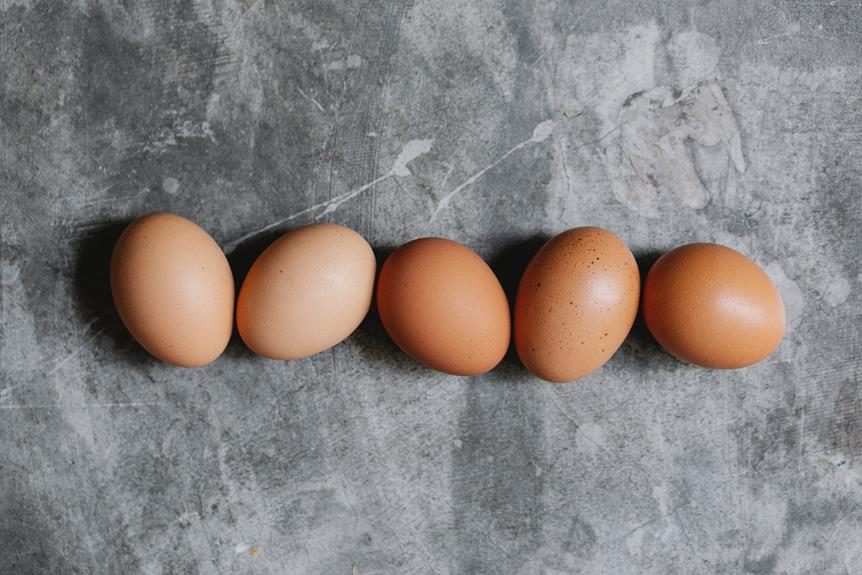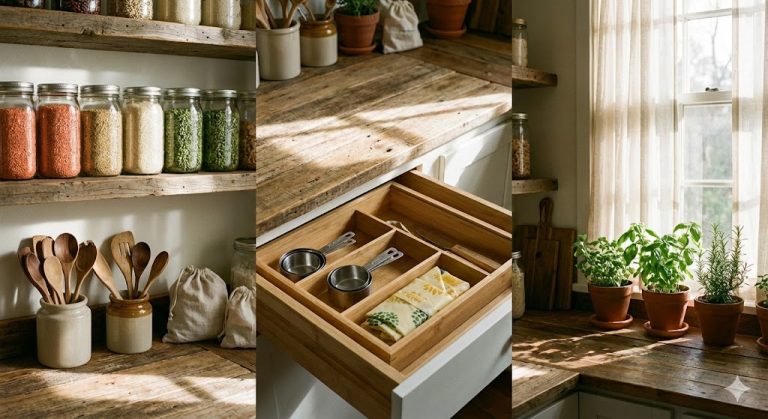Are you tired of relying on grocery stores for your food? We’ve got the solution for you. Opting for home-based sustainable food production not only allows us to take control of our own food supply, but also benefits the environment and our health. In this article, we’ll explore the numerous advantages of sustainable food production at home.
We provide step-by-step guidance for setting up your own system, and share practical tips for growing organic fruits and vegetables. So, join us on this journey towards a more sustainable and self-sufficient future.
Benefits of Home-Based Sustainable Food Production
There are numerous advantages to engaging in home-based sustainable food production. One of the main reasons is the ability to have greater control over the quality of the food we consume. By growing our own fruits, vegetables, and herbs, we can ensure that they’re free from harmful pesticides and chemicals.
Additionally, home-based sustainable food production allows us to reduce our carbon footprint. By avoiding the need for long-distance transportation and excessive packaging, we can significantly decrease the environmental impact of our food choices.
Moreover, home-based sustainable food production promotes self-sufficiency and resilience. By growing our own food, we become less dependent on commercial agriculture and are better equipped to handle unexpected disruptions in the food supply chain.
Steps for Setting up a Sustainable Food Production System at Home
To begin setting up a sustainable food production system at home, we need to start by assessing the available space and resources.
One efficient method for maximizing space is vertical gardening. This technique involves growing plants vertically, using wall-mounted structures or stacked containers. Vertical gardening allows for increased plant density and can be suitable for small spaces.
Another option is hydroponic farming, a soilless cultivation method that uses water-based nutrient solutions. Hydroponics can be a great choice as it requires less water and space compared to traditional soil-based farming. Additionally, it allows for precise control over nutrient levels and eliminates the need for pesticides.
Tips for Growing Organic Fruits and Vegetables at Home
When it comes to growing organic fruits and vegetables at home, we can continue maximizing space and conserving resources by incorporating sustainable gardening practices.
One way to do this is by growing organic herbs indoors. Indoor gardening techniques allow us to have a year-round supply of fresh herbs without relying on external sources.
To start, choose a sunny spot near a window or use artificial lights to provide the necessary light for the plants. Use organic potting soil and containers with good drainage to ensure healthy plant growth.
Regularly water the herbs, but make sure not to overwater them. Additionally, consider using natural pest control methods such as companion planting or introducing beneficial insects to keep pests at bay.
How to Raise Backyard Chickens for Sustainable Food Production
Raising backyard chickens is a practical and rewarding way to achieve sustainable food production at home. Backyard chicken care requires careful attention to the needs of the birds and the environment they live in.
Firstly, it’s important to provide a suitable coop that offers protection from predators and adverse weather conditions. The coop should be well-ventilated, spacious, and easy to clean.
Additionally, chickens require a balanced diet consisting of grains, vegetables, and protein-rich feed. It’s also crucial to provide them with fresh water and ensure they have enough space for exercise.
In terms of urban farming benefits, backyard chickens help reduce food waste by consuming kitchen scraps and producing high-quality fertilizer. They also provide a constant source of fresh eggs, contributing to a self-sufficient and sustainable food system.
Sustainable Food Preservation Techniques for Home-Based Production
As we delve into the topic of sustainable food preservation techniques for home-based production, we continue our exploration of how to maximize the benefits of backyard chickens. Implementing proper preservation methods is crucial to ensure the longevity and quality of the food we produce.
Here are four sustainable food preservation techniques that you can easily adopt:
- Home-based food storage techniques: Utilize methods such as root cellaring, canning, and freezing to store your home-grown produce. Root cellaring involves storing fruits, vegetables, and root crops in a cool, dark, and humid environment to extend their shelf life. Canning allows you to preserve fruits, vegetables, and meats by packing them in jars and subjecting them to heat. Freezing is another effective method for preserving food, especially fruits and vegetables, by maintaining their freshness and nutritional value.
- Sustainable food canning methods: When canning at home, use reusable glass jars, metal lids, and bands to reduce waste. Opt for water bath canning or pressure canning, depending on the acidity of the food being preserved. Water bath canning is suitable for high-acid foods like fruits and tomatoes, while pressure canning is necessary for low-acid foods like vegetables and meats.
- Proper labeling and storage: Label your preserved food with the date of preservation to ensure you consume them before their quality declines. Store canned goods in a cool, dry, and dark place to prevent spoilage and maintain their flavor. Consider rotating your preserved food to ensure you consume the oldest ones first.
- Regular inspection and maintenance: Periodically check your preserved food for signs of spoilage, such as bulging lids, off-putting smells, or unusual textures. If any jars show signs of spoilage, discard them immediately to avoid foodborne illnesses. Additionally, maintain the cleanliness and functionality of your canning equipment to ensure safe and effective preservation.
Conclusion
Embracing home-based sustainable food production offers numerous benefits for individuals and the environment. By taking small steps like setting up a sustainable food production system, growing organic fruits and vegetables, and raising backyard chickens, we can contribute to a more sustainable and healthy food system.
Additionally, learning sustainable food preservation techniques allows us to enjoy the fruits of our labor all year round. As the saying goes, ‘Don’t put all your eggs in one basket,’ it’s wise to diversify our food sources and reduce our reliance on external factors.




